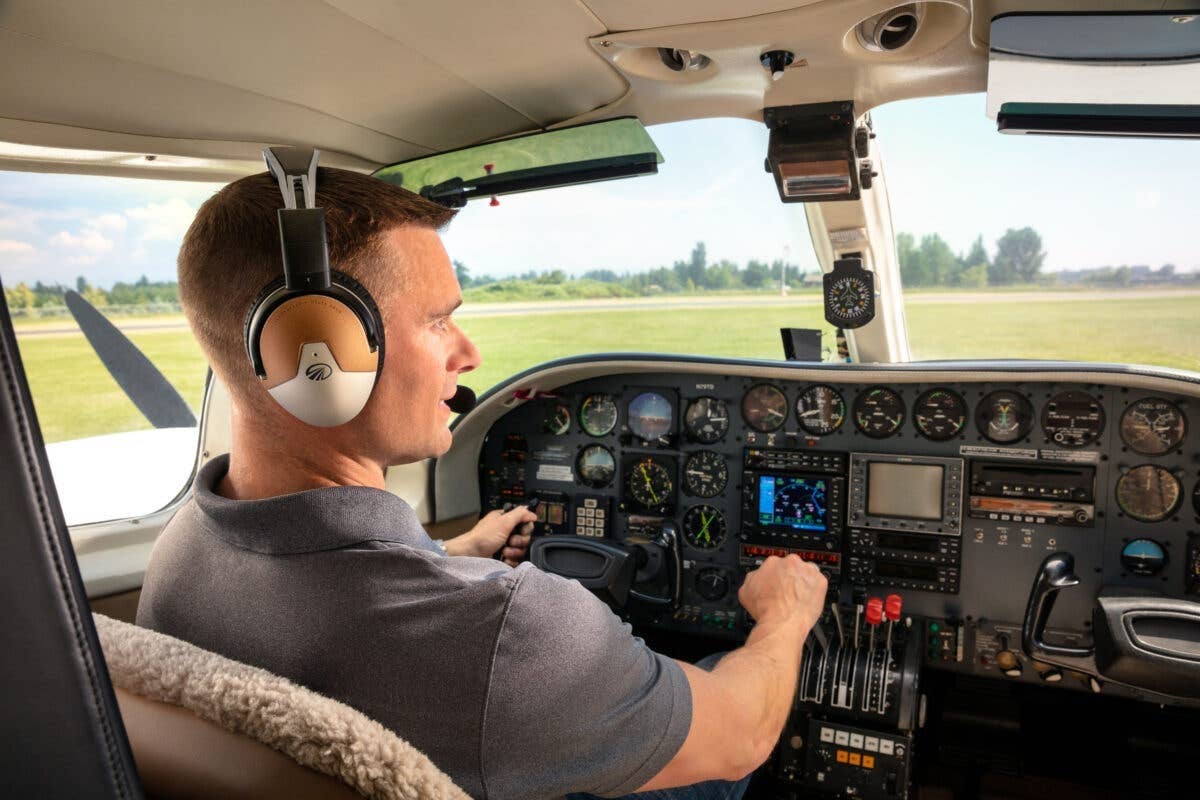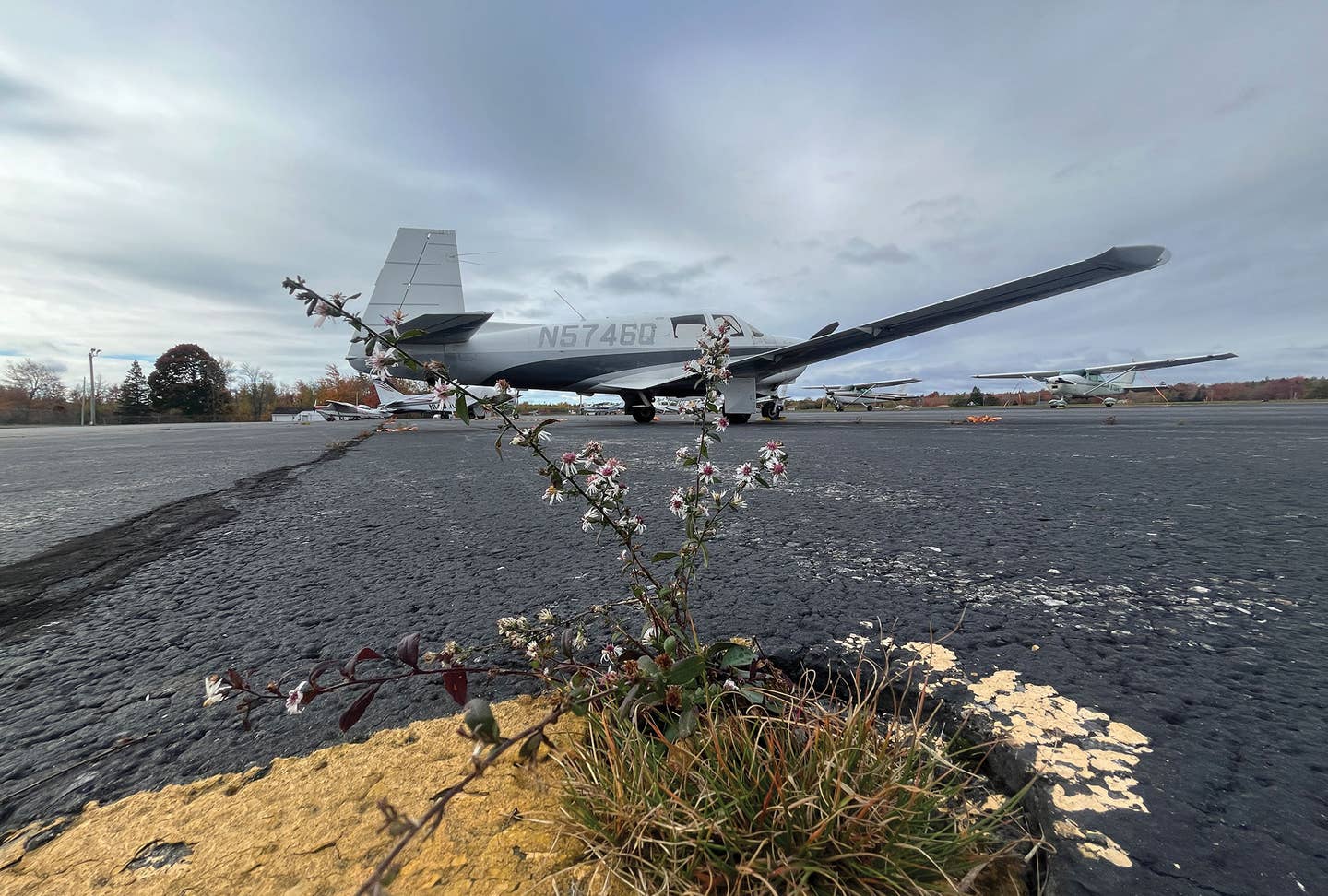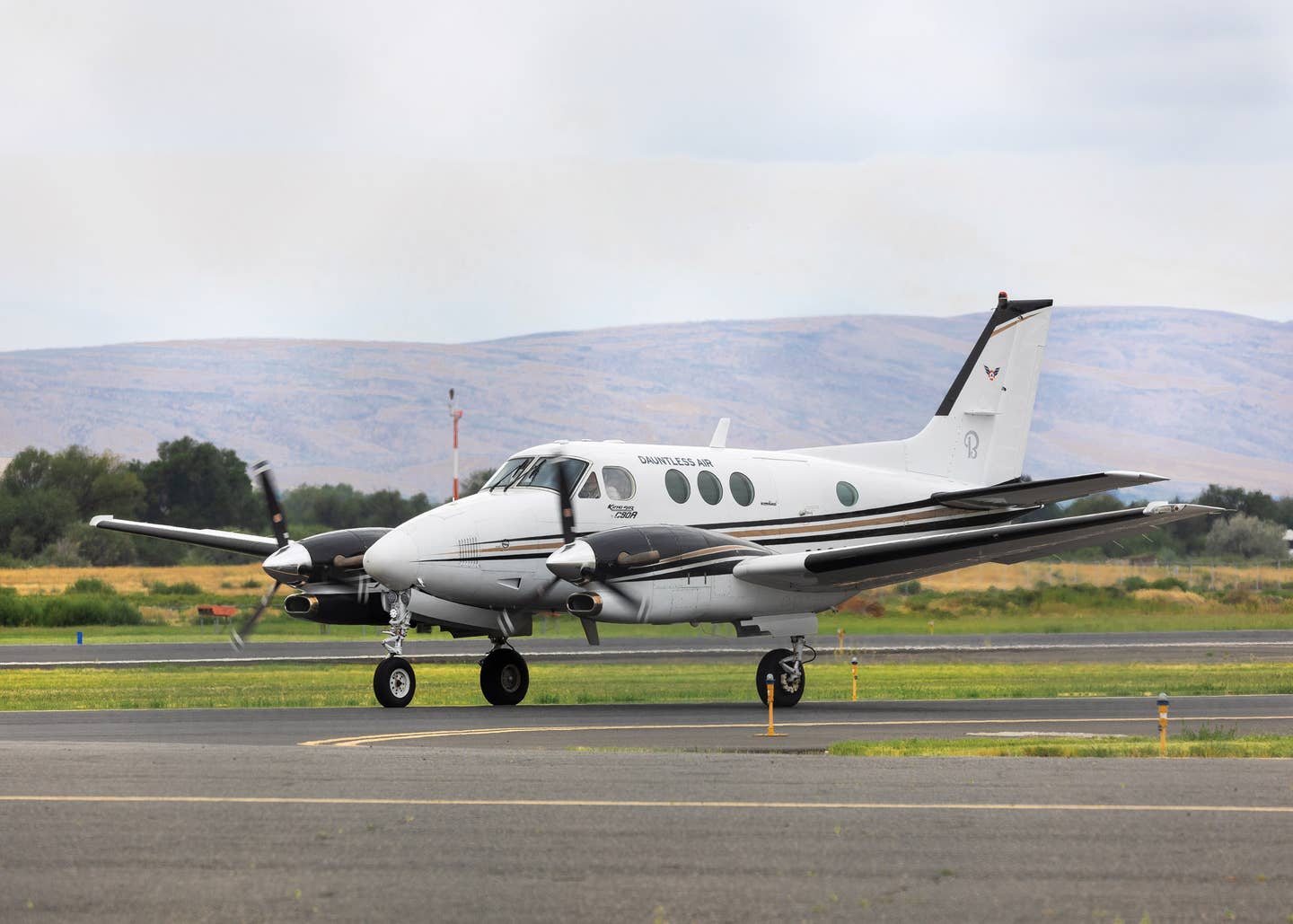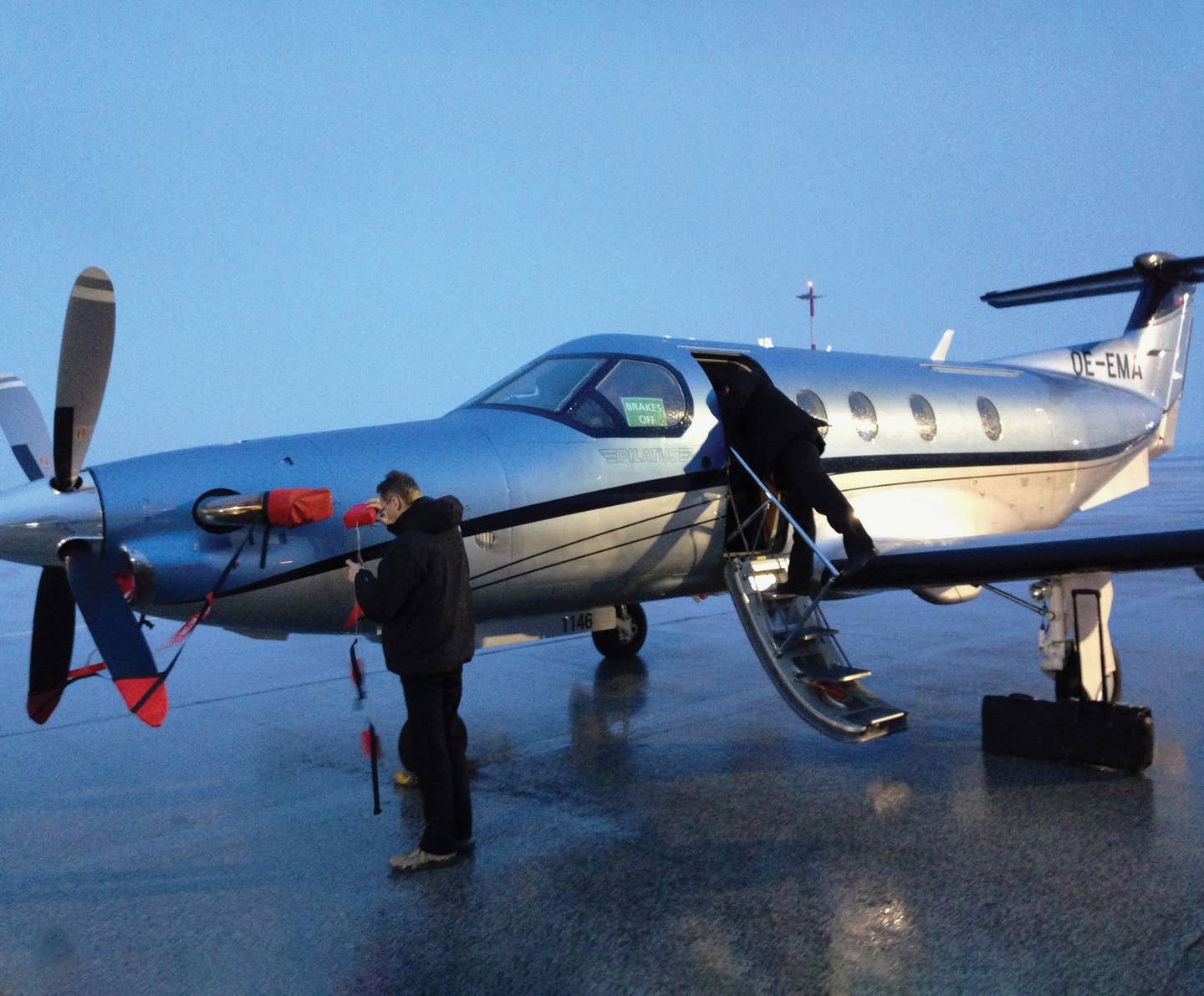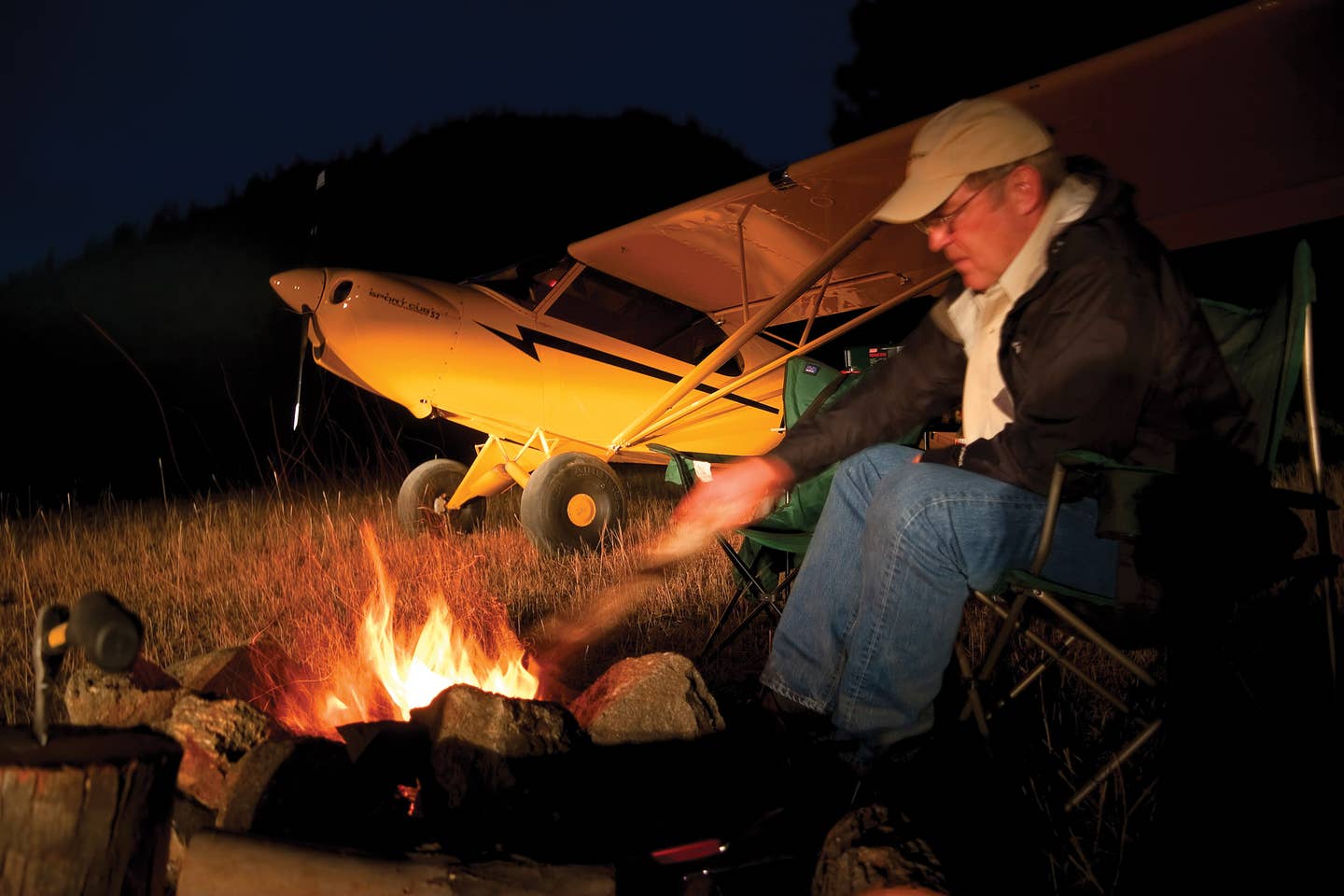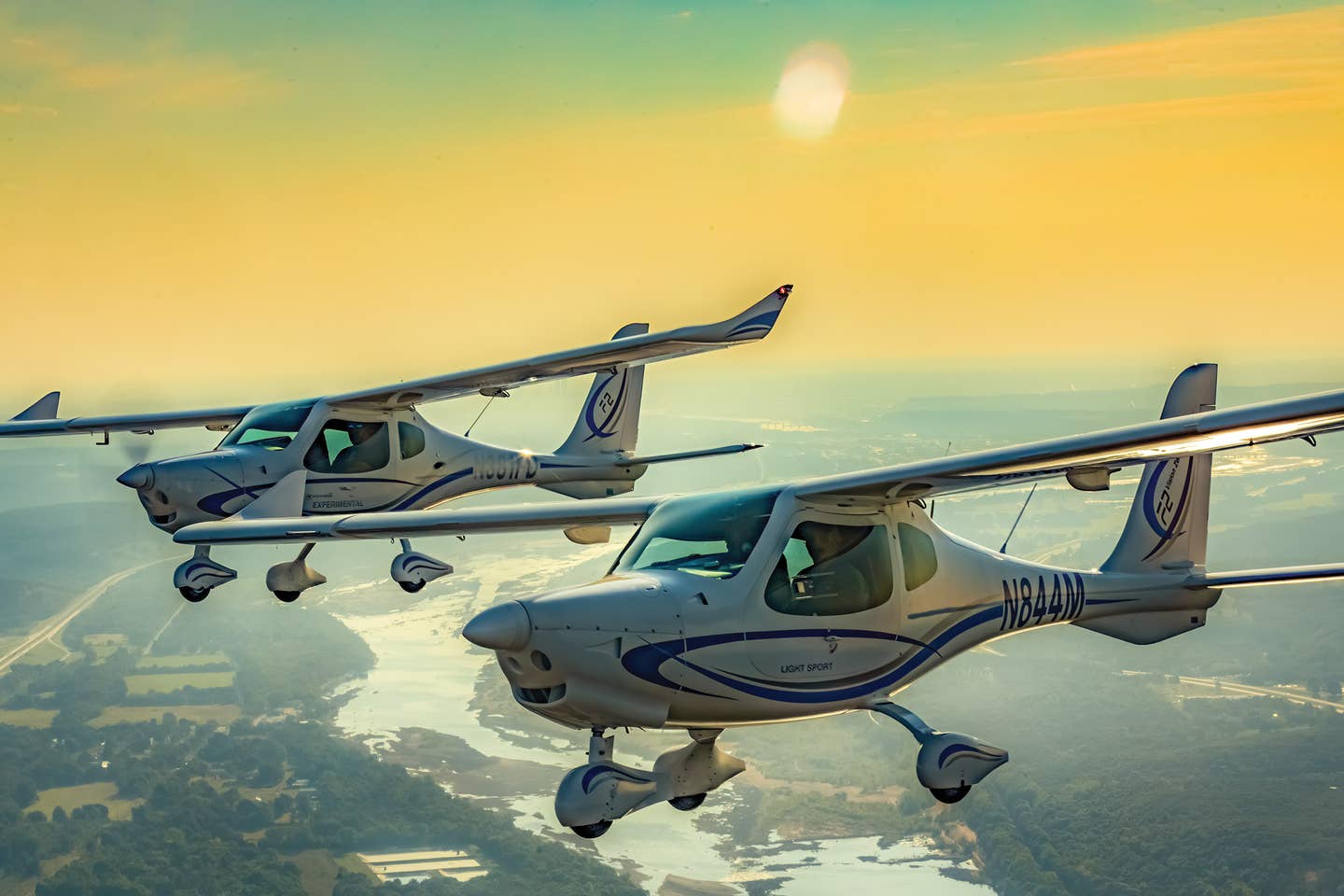 |
Have you ever stood around the airport or at a fly-in, looked at some of your higher-mileage friends, and realized that even the gray dogs in the crowd act and look 15 years younger than you know them to be? I have. Then, I got to thinking about my circle of friends, all of whom are pilots or total aviation freaks, and realized that none of them look their age. And, of course, no pilot acts his/her age. That's a given. Is there something of significance here? What's the common denominator? Obviously, it's aviation, a possible aerial fountain of youth.
With so many of us baby boomers reaching the age that whippersnappers mistakenly label as "old," it seems as if age-related conversations are popping up with disturbing regularity. The young talk about age because they think they need more of it to attain status (and beer). The middle-aged talk about it because they think it's coming too quickly (they ain't seen nothin' yet). The gray dogs talk about it primarily because some gray dogs insist on bringing it up, even though the rest of us would just as soon ignore it.
Inasmuch as I have to admit to becoming a gray dog myself (and damn proud of it), I'm conscious of the "age" conversations, but I can't help but think that they're talking about someone else. Not me. And I know most of my friends feel the same way: They can't be talking about us. Yeah, we've got the miles, but although we have a physical tweak here and there, we're a long way from feeling it mentally. About the only time age seems important to us is when we start worrying about aviation insurance companies dropping us, or AME's red-tagging us. Otherwise, decade after decade, av-dogs seem as if they go about their business just as they always have, blissfully unaware of the passing years. Why is that?
I think one of the reasons active older pilots usually stand out in a crowd of their peers as being young for their age is that their passion for flight, whether they're still actually flying or not, adds an ingredient to their existence that's life sustaining. And I don't think this should be underestimated.
All of us know folks who could hardly wait to retire. So, they do. They put a comfortable rocker on the front porch, pour 11 million glasses of ice tea, sit down, and watch however many sunsets they have left. They sit around waiting, and nine times out of 10, what they know is coming catches them before it should. And they weren't truly alive in the interim. Not so the gray-dog aviator (or aviation enthusiast).
It's well known that aviation is some sort of disease. If it weren't, it couldn't so clearly enslave our mind, our will and our common sense. Aviation creeps into the tiny folds of our brains, makes a nest, builds a special kind of fire, and is generally there forever. So, age doesn't matter. Not usually anyway.
One of the hidden dangers of all this talk about "old" is that if you hear something said often enough, even though you disagree with it, it eventually comes true. So, if enough people hammer on you that you're too old to fly, you start to believe it, even though your hands still know the dance, and your mind can still play the music. The trick is to listen to our own heart. Our own brain. We know when we're having problems flying, but most of the time, that's a problem of rust, not age. At that point, we should seek out our local CFI (who's probably fuzzy cheeked but can still help us), not a mortician.
As an instructor, I see the age/rust thing constantly. A person comes to me, and the question they're asking themselves is in their eyes: "Am I too old for this? Is it time for me to hang it up?" When I see that, I know two very specific tasks lay ahead of me. First, I'm going to have to deal with their insecurities, because they'll be reenforced when they don't do well on the first flight. I'll spend a lot of time convincing them that it's the rust, not the years, that they're seeing. Second, I'll have to play shrink and verbally pump sunshine up their skirt, so they persevere through the rust-removal stage and get into the flying part. When they do that, I can literally see the years fall off of them after every single hop. In 10 hours of aviating, they lose 10 or more years. Simple as that.
Those to whom Ma Nature has been cruel enough that they can't physically fly invariably still love aviation, so they can still profit from coming to the airport. I've watched pilots who no longer fly as they sit with a group of much younger aviators at lunch. Even if they don't say a word, you can see the light in their eyes as they listen to tales of derring-do, skillful tips and stupid escapades others have recently survived. They may no longer carry a valid medical, but, as long as they get out there and mingle with people of their own kind, they'll feel the power that comes from the subtle knowledge that they're an aviator. And, incidentally, there's no such thing as an ex-pilot. Just an inactive one.
Before we strap an airplane on for the first time, there's The Dream. Then, if we're lucky, we realize that dream. However, we always knew that dream had a finite limit, and an AME would eventually stamp "Unfit for Aviating" on our butts. Fortunately, now LSA is a way to stay up. But, even if we should choose not to go that route, there's a huge community of fellow dreamers standing with open arms at the airport---at the local EAA meeting and the fly-ins. And, when we associate with dreamers, we can be sure of being counted among the younger ones regardless of how we may look. It's how we act and how we think that counts.
If there's one concrete fact in life, it's that "old" is an attitude, not an age.
So, go out to the airport more often. You'll live longer.

Subscribe to Our Newsletter
Get the latest Plane & Pilot Magazine stories delivered directly to your inbox

